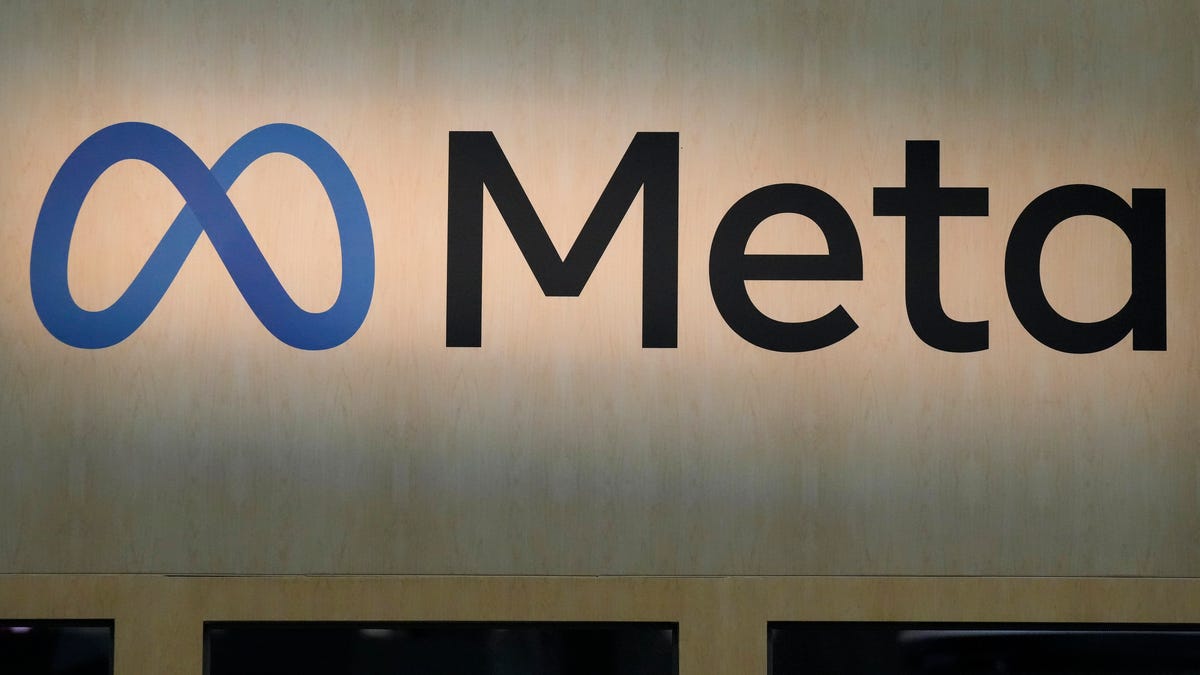

Meta’s ‘Twitter killer’ app Threads intensifies Zuckerberg-Musk rivalry
The Elon Musk-Mark Zuckerberg rivalry continues with Meta’s launch of ‘Twitter killer’ app, Threads.
Just the FAQs, USA TODAY
Taxpayers who used TaxAct, H&R Block or TaxSlayer to file their tax returns may have had personal data shared with tech giants like Meta and Google, according to a Congressional report released Wednesday.
A probe led by Democratic Sen. Elizabeth Warren found the tax prep companies had potentially violated privacy laws by “recklessly” sharing tens of millions of taxpayers’ sensitive personal and financial data with Facebook parent company Meta for years. The privacy breach was first reported last year by the nonprofit journalism outlet The Markup.
The companies said they used Meta Pixel, a piece of code used to track website visitors, “for at least a couple of years.” All three also shared data with Google through Google Analytics for even longer, but a Warren aide told CNN that the report focuses more heavily on Meta because Google “did not appear to have used the information for its own commercial purposes as overtly as Meta.”
The probe reveals “a troubling pattern” of data sharing by tax prep companies, according to the report. “While most websites use pixels, it is particularly reckless for online tax preparation websites to use them on websites where tax return information is entered.”
What sort of data was shared?
The Markup’s November report found the companies shared information like names, email addresses, income, filing status, refund amounts and dependents’ college scholarship amounts through Meta Pixel. Taxpayers who used TaxAct’s Free File Service, a service made available through a partnership with the Internal Revenue Service, also had their information shared with the tech companies.
“Every single taxpayer who used their websites to file their taxes could have had at least some of their data shared,” the congressional report said.
Wednesday’s report revealed that TaxAct allowed Meta to collect even more data than initially reported, including approximate federal tax owed and tracked buttons clicked and names of text-entry forms that could indicate whether taxpayers were eligible for certain deductions.
All three companies said they have removed or disabled the Meta Pixel from their websites after The Markup’s report was published, according to the report.
“H&R Block takes protecting our clients’ privacy very seriously, and we have taken steps to prevent the sharing of information via pixels,” spokesperson Heather Woodard said in an emailed statement.
A statement from TaxAct said the company has “always complied with laws that protect our customers’ privacy” and is “committed to engaging with stakeholders to address any concerns and to help advance public policy.”
TaxSlayer did not immediately respond to a request for comment.
How could the data be used?
While the companies said the shared data was anonymous, the report says it could “easily” be used to identify individuals or create a dossier used for targeted advertising or other purposes.
Meta said that it used the taxpayer data to target ads and train its AI algorithms.
“We’ve been clear in our policies that advertisers should not send sensitive information about people through our Business Tools,” Meta spokesperson Emil Vazquez said in an emailed statement. “Doing so is against our policies and we educate advertisers on properly setting up Business tools to prevent this from occurring. Our system is designed to filter out potentially sensitive data it is able to detect.”
Google spokesperson Angela Krieger said the company has policies and technical features that prohibit Google Analytics customers from collecting data that could be used to identify an individual.
“Site owners – not Google – are in control of what information they collect and must inform their users of how it will be used,” Krieger said in an emailed statement. “Additionally, Google has strict policies against advertising to people based on sensitive information.”
What happens next?
Warren and the other lawmakers who spearheaded the probe called on enforcement agencies like the IRS, the Treasury Inspector General for Tax Administration, the Federal Trade Commission and the Department of Justice to investigate the data sharing and “prosecute any company or individuals who violated the law.”
The report notes that violating taxpayer privacy laws can lead to fines of up to $1,000 per violation and up to one year in prison.
The lawmakers say the investigation highlights the need for the IRS to develop its own online tax filing system “to protect taxpayer privacy and provide a better alternative for taxpayers to file their returns.”
The IRS said it is preparing to launch a pilot program for a free, government-backed online tax filing system next year after a survey found 72% of taxpayers would be “very interested” or “somewhat interested” in using a free tax e-filing system from the IRS.
